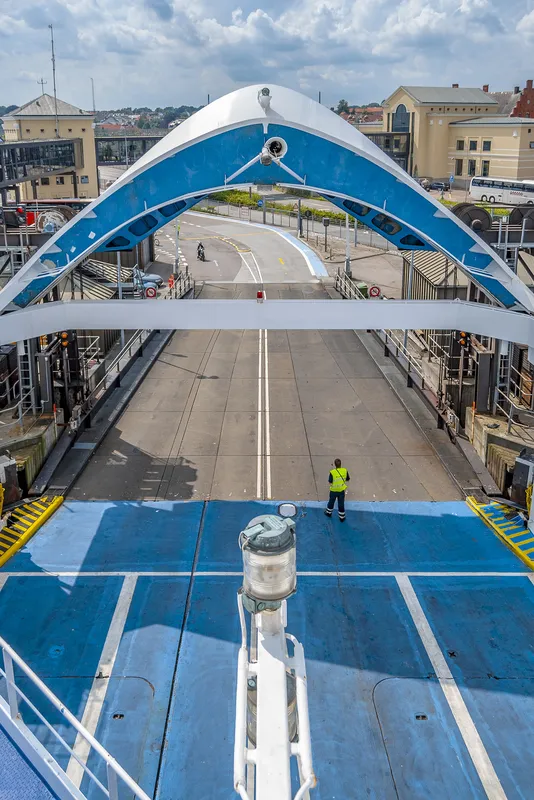Roman Brecely, Slovakia’s transport minister, has said that construction of the 2km long motorway tunnel Cebrat near Ruzomberok could be resumed at the beginning of 2017.
But the cost is expected to increase by around €100 million. He added that the government likely will seek European Union funding.
Construction was halted a year ago over concerns about the possibility of landslides and other geological issues. For this reason, the tunnel route may alter and be an additional 1.5km longer.
The tunn
May 27, 2016
Read time: 2 mins
Roman Brecely, Slovakia’s transport minister, has said that construction of the 2km long motorway tunnel Cebrat near Ruzomberok could be resumed at the beginning of 2017.
But the cost is expected to increase by around €100 million. He added that the government likely will seek European Union funding.
Construction was halted a year ago over concerns about the possibility of landslides and other geological issues. For this reason, the tunnel route may alter and be an additional 1.5km longer.
The tunnel is part of the D1 motorway section between Hubova and Ivachvova, which was supposed to be completed in June next year but will probably be completed in 2020.
Brecely also recently said that delays could affect construction of three motorway stretches, one section of the D3 and two of the D1.
Meanwhile the state-owned national motorway company5891 NDS said that some 87% of land needed for the public-private partnership Bratislava Bypass has been expropriated. Construction is about to start on one section of the Bratislava bypass after the contract was finally sealed with the consortium Obchvat Nula (Bypass Zero), led by 930 Cintra of Spain and including 2378 Macquarie from Australia and 3976 Porr of Austria.
Media reports said that Cintra has 12 weeks to secure financing for the 30-year public-private partnership likely to cost upwards of €1.9 billion.
But the cost is expected to increase by around €100 million. He added that the government likely will seek European Union funding.
Construction was halted a year ago over concerns about the possibility of landslides and other geological issues. For this reason, the tunnel route may alter and be an additional 1.5km longer.
The tunnel is part of the D1 motorway section between Hubova and Ivachvova, which was supposed to be completed in June next year but will probably be completed in 2020.
Brecely also recently said that delays could affect construction of three motorway stretches, one section of the D3 and two of the D1.
Meanwhile the state-owned national motorway company
Media reports said that Cintra has 12 weeks to secure financing for the 30-year public-private partnership likely to cost upwards of €1.9 billion.









